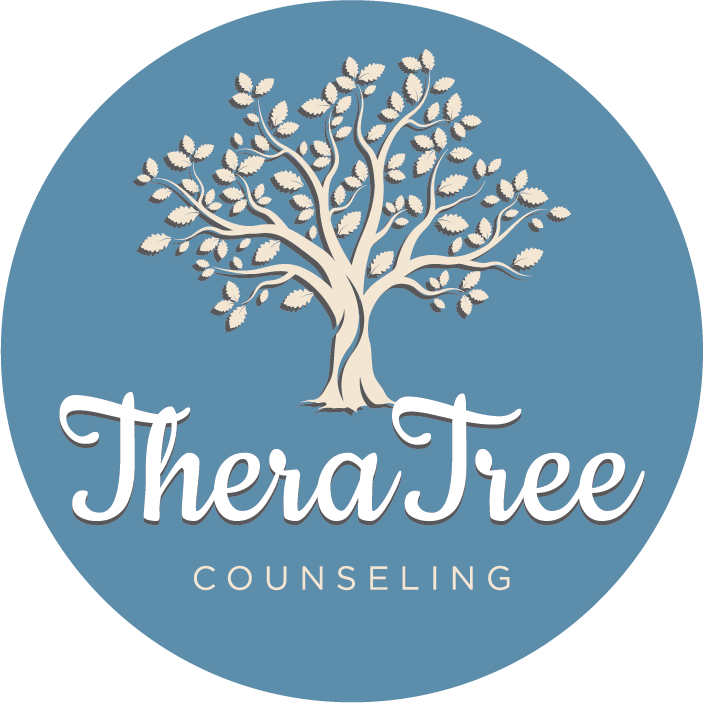Eating Disorder Recovery
People often think of Anorexia Nervosa when they think of eating disorders. Anorexia has been recognized the longest and is the most featured (and even glamorized) eating disorder in the media, but there are actually many different eating disorders and each eating disorder shows up differently. Anorexia looks different from Binge Eating and Bulimia looks different from Orthorexia. The specific behaviors may be just as different as the motivation for each behavior. Just as specific eating disorders show up differently, the process in moving toward recovery looks slightly (and sometimes vastly) different depending on your specific eating disorder. This is why comparison really doesn’t work. We would be comparing apples to oranges (or Mastiffs to Poodles) if we were to try to compare any of our struggles in our bodies.
That said, the end goal in recovery from all eating disorders is health - a healthy relationship with food and the body. We have to stop seeking arbitrary numbers on a scale to define our worth and value. Instead, we affirm the intrinsic value and beauty within ourselves that is unrelated to how we look.
Eating disorder recovery involves learning to radically accept the difficult truth that health in our body often means a bigger size than we would like. We learn to radically accept our body as it is, right now, without seeking to change our body. The reality is that our bodies naturally change throughout our lifespan, and we have to continually learn to accept and maybe even love our body again in its current form.
In moving towards acceptance, we restore care for and nurturance of our body. We might not feel like we deserve that kind of care (as eating disorders are often connected with self-loathing, self-punishment, and shame), but when we act out of faith in our inherent worth, our mind and self-belief follows. We care for our body in many ways, including giving it adequate nutrition, sleep, and mindful movement.
In recovery, we also have to learn that restriction of any kind - only eating certain amounts, certain foods, at times of the day - often leads to binging behaviors. Why? Because we are biologically wired to survive famine. When our bodies don’t have enough food to sustain us, they go into survival mode, and will seek to get more the next time food rolls around. Dieting also has a short term effect of losing weight, but long term research shows that we will gain the weight back and potentially more. If we want to feel less crazy around food, we have to give ourselves unconditional permission to eat what we want when we are hungry and stop when we are full. We can do this knowing that more food will be there whenever we get hungry again.
Eating disorder recovery is also not linear. It’s not perfect. In fact, it’s about letting go of perfection and seeing the beauty in embracing our imperfect humanity. We will likely make mistakes along the way in the recovery process and we recognize that that is going to happen. We avoid beating ourselves up when we fall off the bandwagon because shame keeps us stuck. Instead, we return to acceptance and self-compassion as we continue the journey towards recovery.
